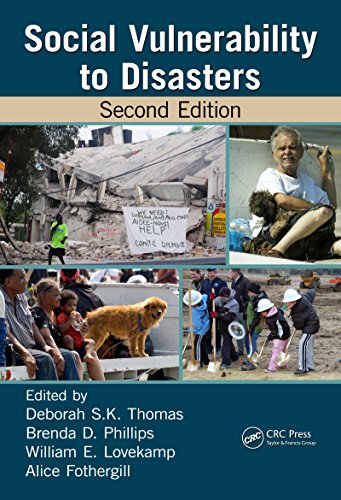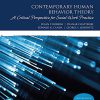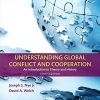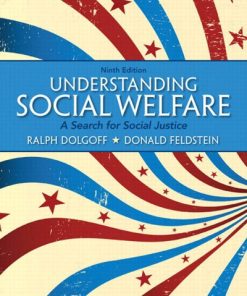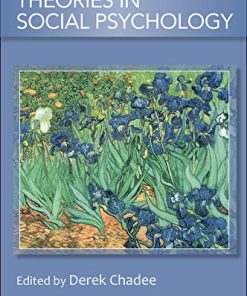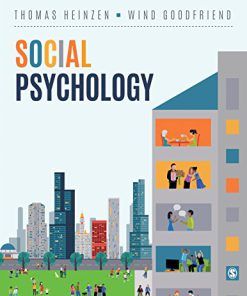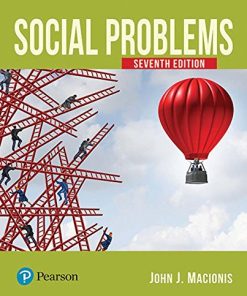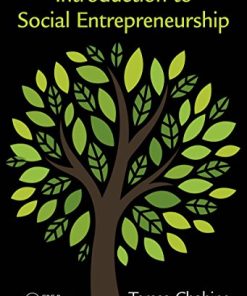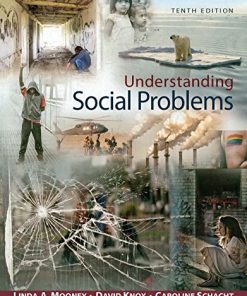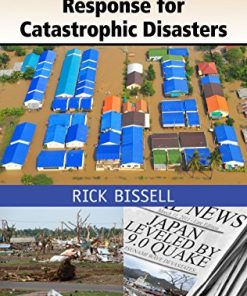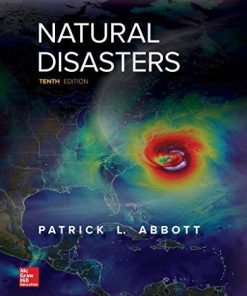Social Vulnerability to Disasters – Ebook PDF Version
$50.00 Original price was: $50.00.$25.00Current price is: $25.00.
Social Vulnerability to Disasters – Ebook PDF Version – Digital Instant Dowload.
Social Vulnerability to Disasters – Ebook PDF Version – Digital Instant Dowload.
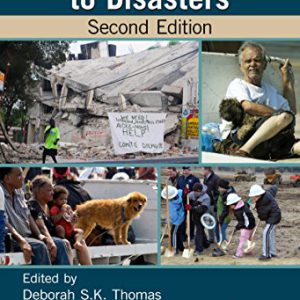
Product details:
- ISBN-10 : 1466516372
- ISBN-13 : 978-1466516373
- Author: Deborah S.K. Thomas (Editor), Brenda D. Phillips (Editor), William E. Lovekamp (Editor), Alice Fothergill (Editor)
The 2010 Haiti and Chili earthquakes, the 2010 BP oil spill in the Gulf of Mexico, and the 2011 Fukushima earthquake and tsunami in Japan are but a few examples of recent catastrophic events that continue to reveal how social structure and roles produce extensive human suffering and differential impacts on individuals and communities. These events bring social vulnerability to the forefront in considering how disasters unfold, clearly revealing that disasters are not created from the physical event alone. Equally important, people―even those considered vulnerable―respond in innovative and resilient ways that unveil the strength of human ingenuity and spirit. It is not a foregone conclusion that a hazard event, even a large one, will result in catastrophic loss.
This updated second edition of Social Vulnerability to Disasters focuses on the social construction of disasters, demonstrating how the characteristics of an event are not the only reason that tragedies unfurl. By carefully examining and documenting social vulnerabilities throughout the disaster management cycle, the book remains essential to emergency management professionals, the independent volunteer sector, homeland security, and related social science fields, including public policy, sociology, geography, political science, urban and regional planning, and public health. The new edition is fully updated, more international in scope, and incorporates significant recent disaster events. It also includes new case studies to illustrate important concepts.
Table of contents:
Framing Social Vulnerability
Understanding Social Vulnerability: Maureen Fordham, William E. Lovekamp, Deborah S.K. Thomas, and Brenda D. Phillips
Theoretical Framing of Worldviews, Values, and Structural Dimensions of Disasters: Jean Scandlyn, Deborah S.K. Thomas, and John Brett
The Intrinsic Link of Vulnerability to Sustainable Development: John Brett and Kate Oviatt
Socially Vulnerable Groups & Building Capacity
Class: Brenda McCoy and Nicole Dash
Race and Ethnicity: Nicole Dash
Gender: Jennifer Tobin-Gurley and Elaine Enarson
Age: Lori Peek
Disability: Elizabeth A. Davis, Rebecca Hansen, Maria Kett, Jennifer Mincin, and John Twigg
Health: Deborah S.K. Thomas, Mary Shannon Newell, and Debra Kreisberg
Language and Literacy: Jenniffer M. Santos-Hernández and Betty Hearn Morrow
Households and Families: Tricia Wachtendorf, Mary M. Nelan, and Lynn Blinn-Pike
Violence: Brenda D. Phillips and Pam Jenkins
Religion, Faith, and Faith-Based Organizations: Brenda Phillips and Michael D. Thompson
Animals: Tamara Gull
Community Resilience
The Nature of Human Communities: Pam Jenkins
Measuring and Conveying Social Vulnerability: Deborah S.K. Thomas, Iain Hyde, and Michelle A. Meyer
Social Change and Empowerment: William E. Lovekamp and Sudha Arlikatti
New Ideas for Practitioners: DeeDee Bennett, Brenda D. Phillips, Deborah S.K. Thomas, Eve Gruntfest, and Jeanette Sutton
We dedicate this book to our late colleague, friend, and mentor Mary Fran Myers, to all people who have suffered from natural, technological, and human-induced events, and to those who work tirelessly to reduce disaster risk. All royalties from the sale of this volume go to the Mary Fran Myers Scholarship, which recognizes individuals who have a “commitment to disaster research and practice and have the potential to make a lasting contribution to reducing disaster vulnerability.”
You may also like…
Uncategorized
Uncategorized
Uncategorized


